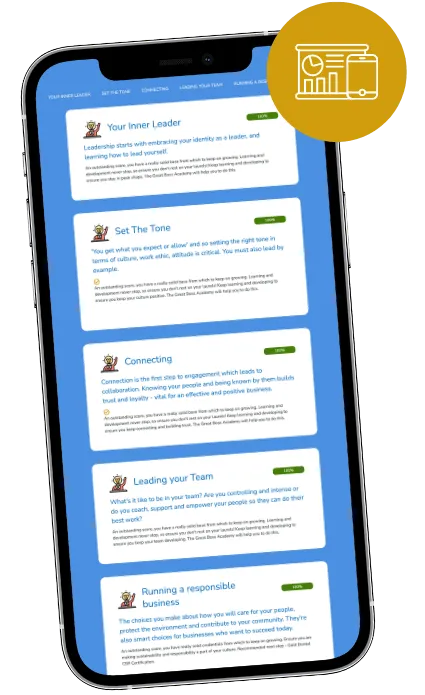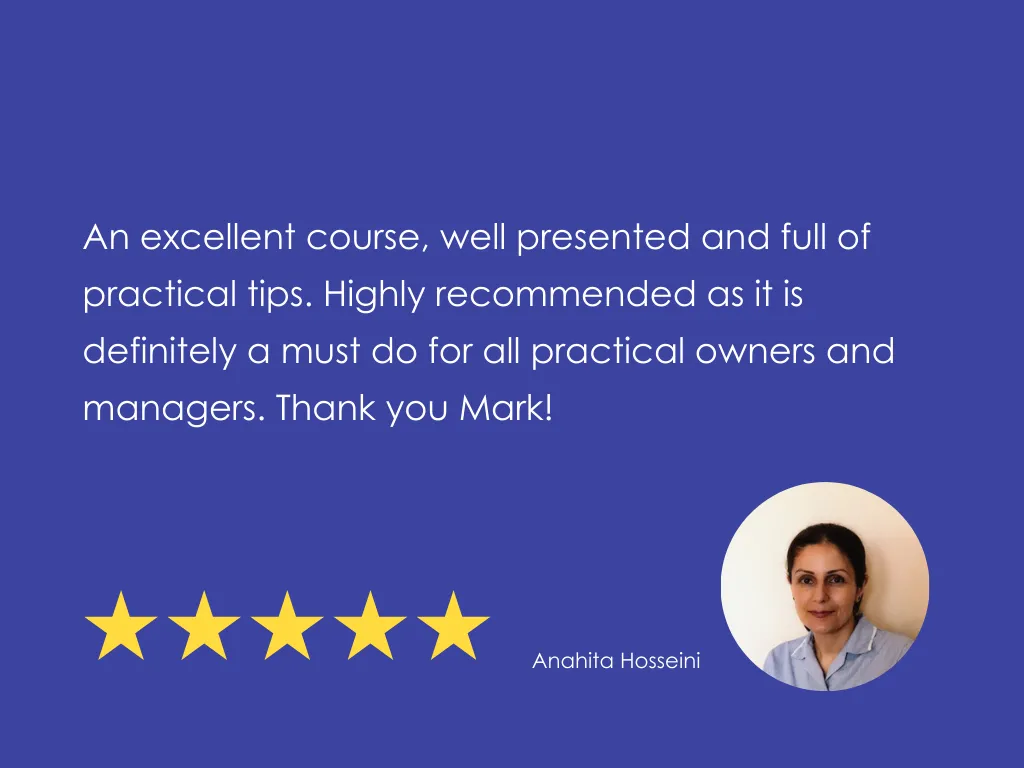Welcome to Great Boss
HELLO! I'm Mark and I am here to help you build A stronger team.
Explore ways to make a positive impact in your practice with resources designed for real results.

Seen me speak and want to leave a review?
What My Clients Say
Book your 15 minute Strategy Call
I offer a free 15-minute strategy call to help you create a clear, actionable plan for your biggest challenge right now. There’s no pressure and nothing to buy on this call—it’s all about giving you value and clarity.
Here’s how it works: we’ll discuss what you’re dealing with, and by the end of the call, you’ll walk away with a solid 3-step plan to move forward. If it feels like the right fit, I can also explain how I might be able to support you further.
Schedule your call today, and let’s get started.
Quick Links
Quick Links
Resources


Do you want to see how you're doing?
© great-boss.COM | ALL RIGHTS RESERVED | a purpose driven business programme | Membership T&C | PDB Ltd, The charmwood centre, southampton so40 2nr









